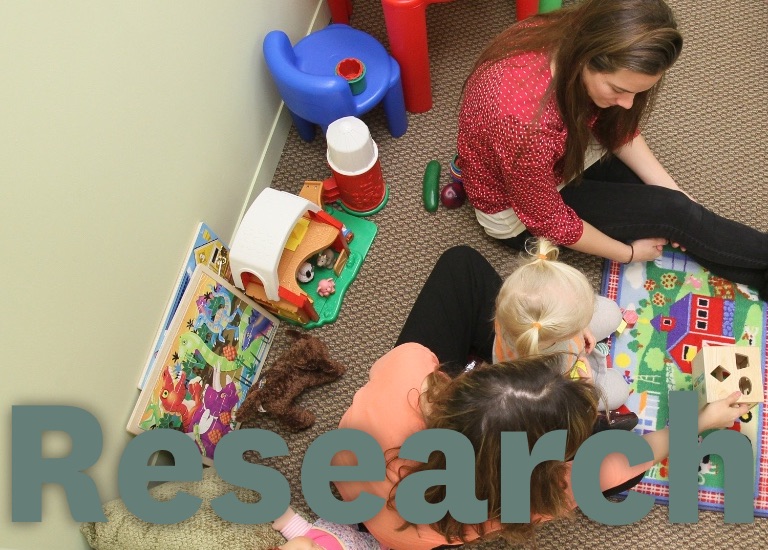Detecting and mapping stress patterns across space and time: Multimodal modeling of individuals in real-world physical and social work environments
Principal Investigator: Shawn C. Roll PhD, OTR/L, RMSKS, FAOTA, FAIUM
Co-Principal Investigator: Burcin Becerik-Gerber (USC Sonny Astani Department of Civil & Environmental Engineering); Gale Lucas (USC Institute for Creative Technologies); Shrikanth Narayanan (USC Electrical & Computer Engineering, Computer Science)
Period
Sep 2022 – Aug 2026
Total funding
$1,199,985 (anticipated)
Stress has been identified as the health epidemic of the 21st century, and office-related work is a significant driver of stress among Americans due to long hours, rapid deadlines, heavy workloads, and job insecurity. Yet, office workers are often entirely unaware of the impact of stress until they notice symptoms of declining physical or mental health or well-being, such as musculoskeletal discomfort, headaches, poor sleep, or lack of motivation. Even more problematic, most individuals do not know how their work activities and the physical and social work environments are related to stress and other health outcomes. While stress is almost always treated as unfavorable, stress can be positive. Opportunities exist to better understand how to promote eustress that is energizing and essential for productivity and minimize distress that leads to negative emotions, disturbed bodily states, strain, and burnout. The project aims to describe individualized experiences of stress and develop multimodal models using a wide range of bio-behavioral, environmental, and activity engagement sensing technologies to inform personalized, automated, or technology-supported intervention approaches to stress management as workers engage in their daily work.
A supplement, “STEM Access for Persons with Disabilities: Detecting and Mapping Neurodiverse Workers’ Experiences of Stress Across Space and Time” ($99,990, 2-year grant total through the National Science Foundation), adds exploration of neurodiverse STEM workers as a specific subset of the study population to this project.
Funding
| Type | Source | Number | Amount |
|---|---|---|---|
| Federal | National Science Foundation; Division of Information and Intelligent Systems; Smart and Connected Health Program | IIS-2204942 | $1,099,995 (anticipated) |
| Federal | National Science Foundation (“STEM Access for Persons with Disabilities: Detecting and Mapping Neurodiverse Workers’ Experiences of Stress Across Space and Time”) | 2-year grant | $99,990 |





